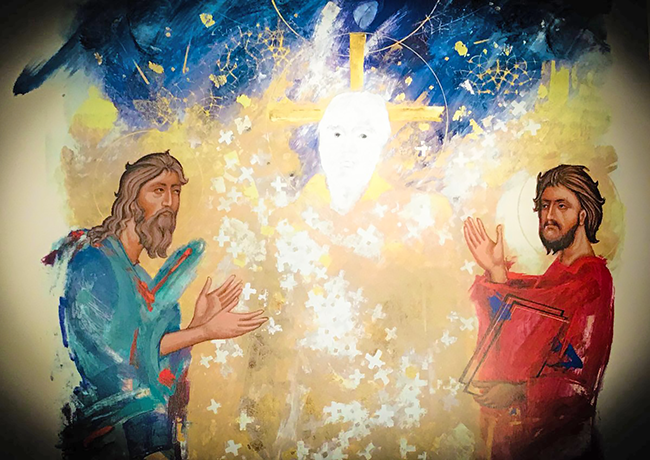
This verse, which the liturgy of the Church uses as a call to penance on Ash Wednesday, acts as a conclusion to the first part of the Joel through a change of heart, backed up by sincere acts of penance, which can cause God to stay his hand and spare his people any more affliction. Saint Jerome calls us to show our repentance and inner conversion through fasting, mourning, and tears. “By fasting now, your hunger will be satisfied later; mourning now, one day you will laugh; weeping now, you shall be consoled.” Catherine de Hueck Doherty, in her book, Season of Mercy: Lent and Easter, writes: “Let each one of us open their heart to God, and let him wash us clean, let him fill us with a hunger for him, and a thirst. Let him make us his own so that our joy will be beyond reckoning when we come to Easter. All we have to do is pass from the old into the new. Leave behind the things that bind us away from God. Cut the cords with the scissors of love and go forth.”









